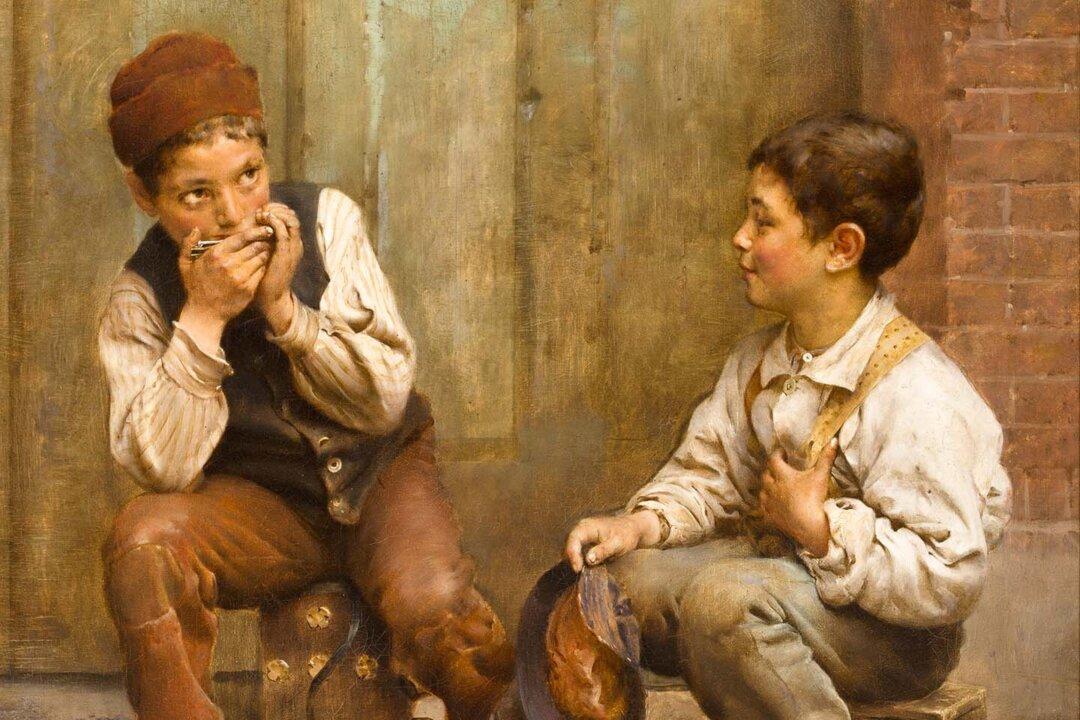For 50 years, his name was a household word.
Horatio Alger Jr. (1832–1899) was the creator and chief proponent of the “rags to riches” story. Once his writing career took off, he put out over a hundred novels, most of them aimed at adolescents. They were tales of street urchins and poor young men who by dint of their virtue, education, hard work, and enterprise broke free of their poverty, often with the aid of a rich patron who rewarded them for some brave deed of rescue.






